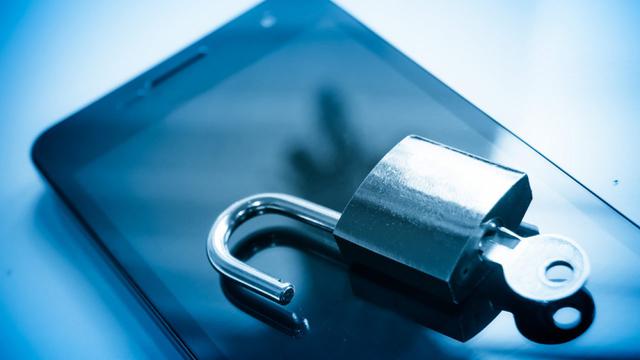By akademiotoelektronik, 13/02/2022
Geolocation data: no search without a warrant in the United States
The Supreme Court of the United States issued a judgment with a strong impact on freedoms in the digital age on Friday, June 22. According to the Court, the police must obtain a search warrant to access geolocation data from a mobile phone.
Four judges, all conservatives, voted against. Five judges voted in favour.
The primacy of the Fourth Amendment to the United States Constitution is thus reaffirmed. This amendment protects citizens against unreasonable searches and seizures. Furthermore, it involves obtaining a warrant for any search.
It is a victory for the defenders of freedom across the Atlantic.
"The [June 22] ruling provides a remarkable update on the privacy rights that the digital age exposes" to threats, the American Civil Liberties Union (ACLU) said. Worried about governments' appetite for surveillance.
The Electronic Frontier Foundation (EFF), for its part, speaks of a “major victory”.
Fourth Amendment

The Supreme Court's decision stems from a robbery case in Michigan and Ohio in 2010 and 2011 involving Timothy Carpenter. The man was arrested in 2011 and sentenced in 2013 to 116 years in prison. And this for having organized armed robberies in shops of operators and electronics (RadioSchack and T-Mobile).
The police had obtained, without a warrant, access to the geolocation data of the criminal from mobile telephone operators. Retracing, on the basis of boundaries, its movements over a period of 127 days. They had thus located it more than 12,800 times.
The ACLU represented the complainant on this aspect (Carpenter v. US 2018). She considered this massive collection to be abusive. Conversely, such collection was considered necessary by its promoters. The latter based on the fact that the data in question were voluntarily transmitted to a third party: the operator (referring to the Smith v. Maryland case of 1979). And that in this case, the fourth amendment is not applicable.
Supreme Court President John G. Roberts Jr. said otherwise. Deeming it necessary to apply this amendment to telephone data. "Mapping a cell phone's location over a 127-day period provides a holistic view of its owner's movements" and lifestyle choices, he said.
However, Justice Roberts warned that the warrant requirement would not apply in situations of emergency or threat to national security.
(photo credit © wk1003mike-Shutterstock)
Read also:
Huawei resumes for a year in the United States
Related Articles